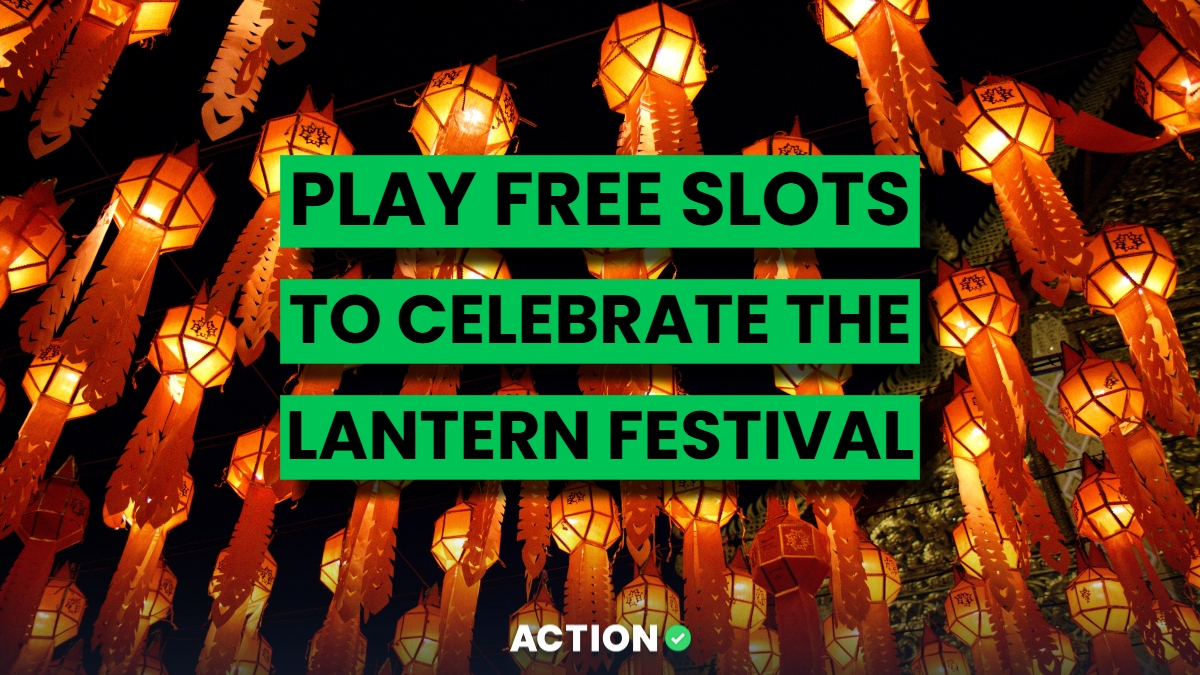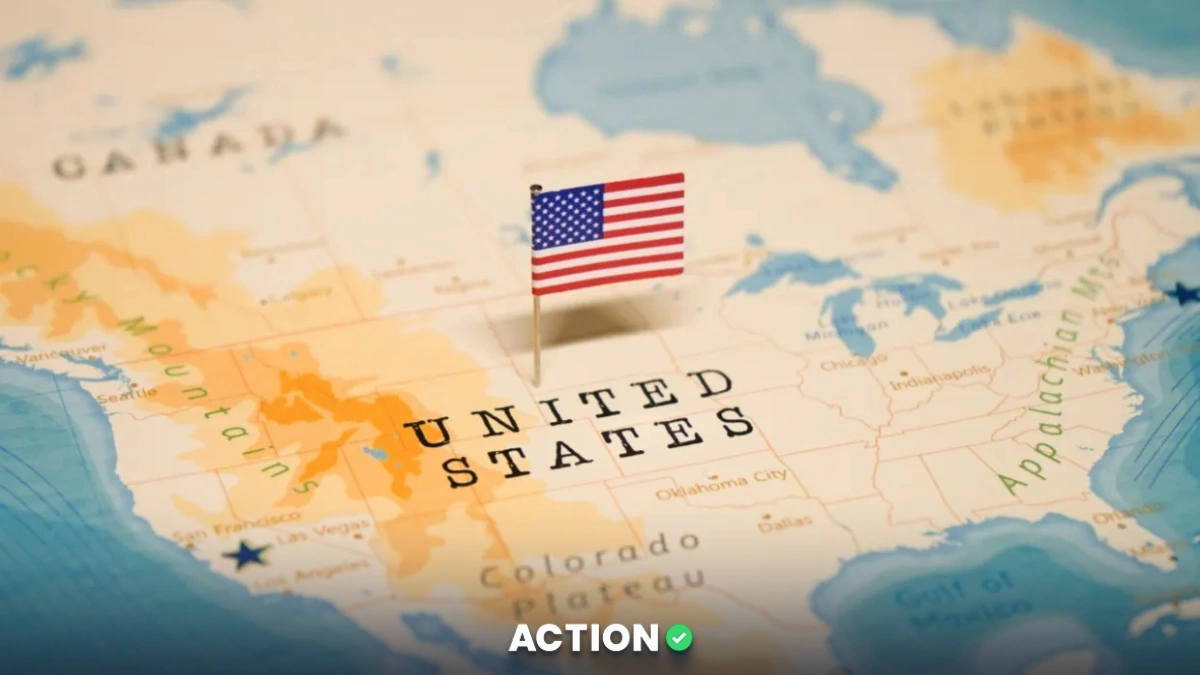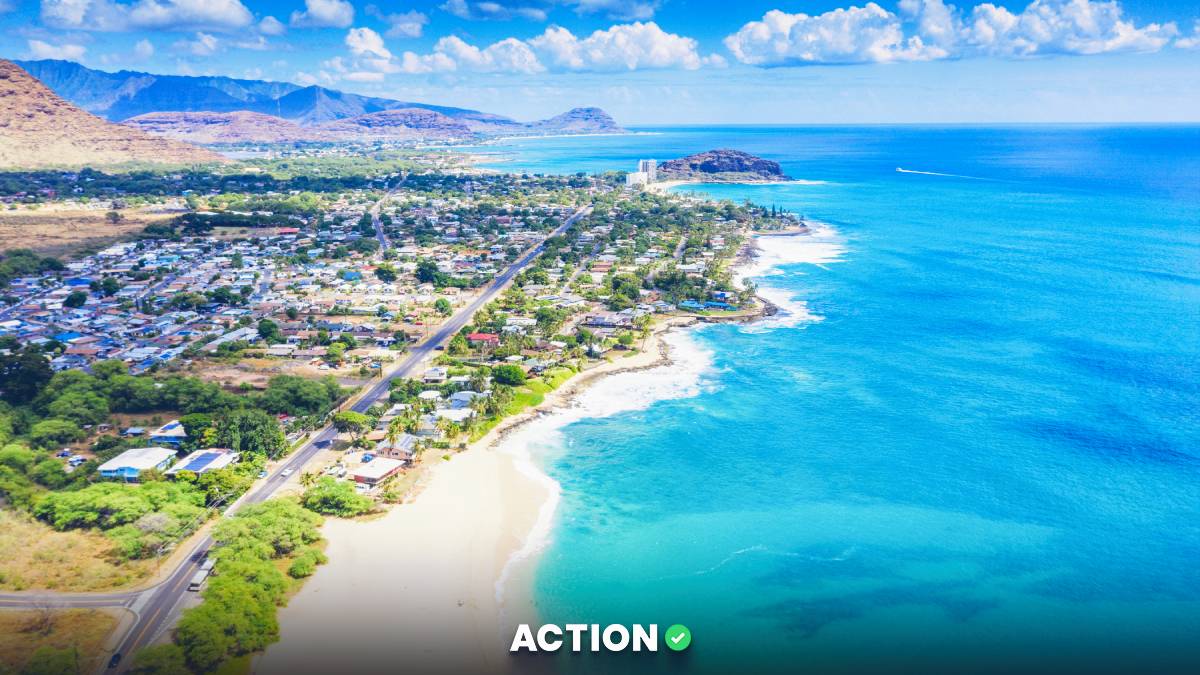The U.S. Supreme Court delivered a massive victory to the Seminole Tribe of Florida Monday when it denied West Flagler Associates' petition for writ of certiorari in its case against the 2021 sports gambling pact between the tribe and the state of Florida.
The denial by the nation's highest court will likely end the years-long saga between the parimutuel and the Seminoles and give the tribe exclusivity on online wagering in Florida.
“The Seminole Tribe of Florida applauds today's decision by the U.S. Supreme Court to decline consideration of the case involving the Tribe’s Gaming Compact with the State of Florida," the Seminole Tribe said in a statement Monday. "It means members of the Seminole Tribe and all Floridians can count on a bright future made possible by the Compact.”
The Seminole Tribe and the state of Florida agreed to a 30-year compact in 2021 worth about $20 billion using a hub-and-spoke model that allows the tribe to accept wagers on sports anywhere in the state as long as the servers are located on tribal lands. WFA has argued that the compact between the tribe and the state is unlawful and that the Department of Interior abused its power by letting the compact become "deemed approved."
Despite many legal challenges, the tribe launched Hard Rock Bet in November last year. A previous attempt at launching the platform lasted just 34 days in December 2021 before it was shut down due to a court order.
WFA argued to the Supreme Court that the outcome of the case could have an impact beyond the state of Florida.
“This question is exceptionally important not just for the people of Florida, but for the nationwide precedent it will set for other state-tribal compacts if the Court of Appeals’ affirmative answer is left undisturbed — as an end-run not just around state-law prohibitions on gaming off tribal lands, but also around Congress’ limitation of IGRA’s federal imprimatur to gambling on tribal lands," WFA wrote in February.
According to people who cover the gaming industry, California could be the next state to follow this blueprint if the tribes there decide to begin the process of offering legal sports betting.
With the ability to compact for online sports betting — bolstered by today's denial and new DOI rule — why would California tribes even bother with a costly and uncertain ballot initiative after 2022's dual fiasco? They could just pursue amended compacts w/o a statewide vote.
— Daniel Wallach (@WALLACHLEGAL) June 17, 2024



















































